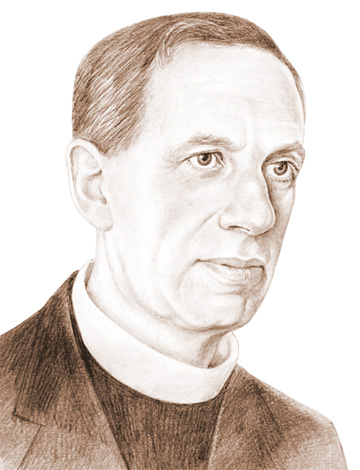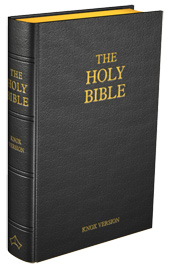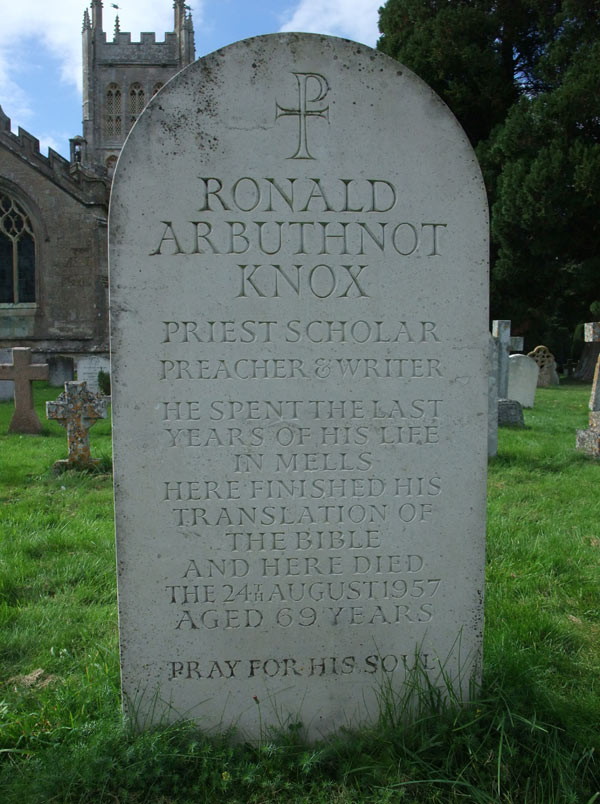 C. S. Lewis called him "the wittiest man in Europe," and Ronald Knox was a deft apologist, an astute translator of the Bible, and the preacher for occasions great and small throughout the first half of the twentieth century in England.
C. S. Lewis called him "the wittiest man in Europe," and Ronald Knox was a deft apologist, an astute translator of the Bible, and the preacher for occasions great and small throughout the first half of the twentieth century in England.
Born in 1888, as the sixth child of the Anglican Bishop of Manchester, he grew up in what he called "that form of Protestant piety which the modern world half regrets, half derides as 'old-fashioned.'" By the time he was 12 he was already writing Latin poetry.
Having won almost every attainable honour at Oxford, at just 24, Knox became the Anglican chaplain of Oxford's Trinity College. While he seemed to be content with preaching, talking, and writing, his soul was not at peace.
Five years later, in 1917, Ronald Knox resigned and entered the Roman Catholic Church. "Authority played a large part in my belief," he said later. In Knox's case, his break with the Church of England also meant a permanent break with his father, who had previously regarded him as his favourite son.
Knox was ordained to the priesthood, and soon he was back at Oxford, this time as a Catholic chaplain. Father Knox for 13 years made his rooms a gathering place for the university's most glittering wits. While he was there, he began churning out acclaimed and smoothly written detective novels (six within ten years) such as ‘The Body in the Silo’ and ‘The Viaduct Murder’, which helped supplement his modest chaplaincy funds.
Towards the end of his chaplaincy at Oxford in 1939, Evelyn Waugh recounted that Knox was at a low ebb. At that point the English hierarchy commissioned Knox to single-handedly translate the New Testament. From the beginning Knox assumed he would complete the entire Bible, which led to misunderstandings with the hierarchy, which were magnified by some opposition to the translation as it progressed. To complete the arduous task, Knox accepted the offer of the young converts, Lord and Lady Aston to retreat to their tranquil country hall, Aldenham Park.
There, with hands on his trusted typewriter and pipe in mouth, he produced on average twenty-four translated verses a day. He would not emerge until nine years later, when finally in the Autumn of 1948, the final verses were completed.
Knox’s bible received great acclaim when it was first published. Time magazine called Knox the “man who made the great 20th century bible.”
Knox died in 1957 with many high honours attached to his name, having become a Fellow of both Trinity and Balliol colleges, and a Protonotary Apostolic to Pope Pius XII.



